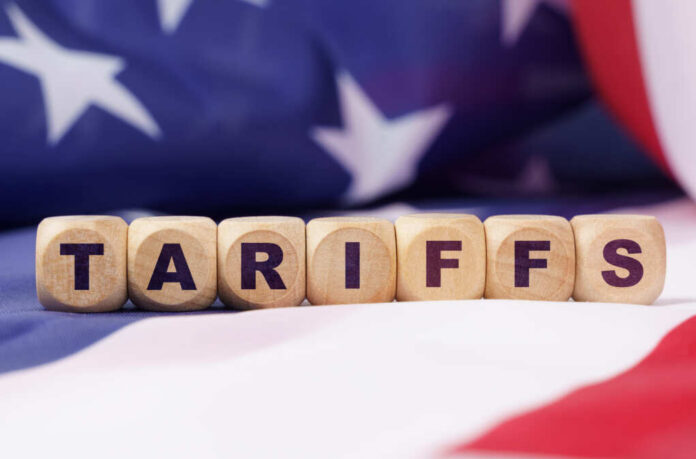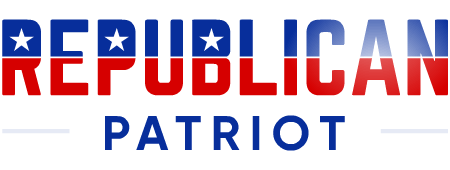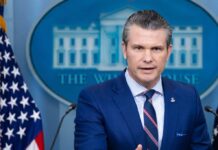
A federal appeals court has paused a lower court ruling that invalidated President Trump’s China tariffs, preserving the controversial trade policy — and the legal battle over presidential powers — for now.
At a Glance
- A federal appeals court has temporarily preserved many of President Trump’s tariffs that were previously ruled illegal
- The U.S. Court of International Trade had ordered a halt to the collection of these tariffs within 10 days
- The Trump administration sought emergency relief from the ruling, arguing for continued tariff authority
- President Trump has used federal emergency powers law to impose tariffs as leverage in trade negotiations
- The court battle raises significant questions about presidential authority in trade policy
Court Battle Over Presidential Trade Authority
A high-stakes legal showdown over presidential power is unfolding as the U.S. Court of Appeals for the Federal Circuit issued a temporary stay on a decision that would have abruptly ended former President Donald Trump’s sweeping tariff program. Earlier this month, the U.S. Court of International Trade ruled that Trump’s use of emergency powers to impose duties on China and other countries exceeded legal boundaries, describing the authority claimed by the president as “unbounded.”
The now-paused ruling gave the administration just ten days to cease collecting those tariffs — a deadline that prompted an emergency appeal. Trump’s legal team argued that removing the duties would disrupt not only trade policy but also broader economic negotiations and national security considerations.
Watch a report: Tariff ruling raises questions for consumers, businesses.
Impact on Consumers and Markets
At stake is not just presidential authority, but billions in consumer costs and corporate planning. The tariffs — taxes on imported goods — have raised prices on electronics, clothing, appliances, and industrial materials. Businesses, particularly those reliant on Chinese supply chains, have scrambled to absorb the impact or pass it on to customers.
Some economists suggest that striking down the tariffs could ease inflationary pressure, while others warn it may undercut U.S. leverage in trade disputes. As it stands, the appeals court’s pause leaves these costs — and the political tensions surrounding them — intact.
International Relations and Trade Strategy
The ruling could reshape how future presidents wield power in trade disputes. Trump used tariffs not only as punitive tools but as negotiating leverage, pushing back on what he called unfair Chinese trade practices. Critics argued the strategy risked destabilizing global commerce, while supporters hailed it as long-overdue rebalancing.
The pause granted by the appeals court is temporary, pending a fuller review of the case. But if the initial ruling is upheld, it could set a precedent that significantly reins in executive power — an outcome with deep implications for future trade negotiations and emergency declarations.
The next phase of the battle now turns to how far the president’s authority can reach before it collides with the Constitution’s checks and balances. For now, American tariffs on China remain in place — but the legal and economic stakes continue to escalate.




















